Zelensky’s popularity drops as polls show Zaluzhny leading election
- Update Time : Saturday, February 22, 2025
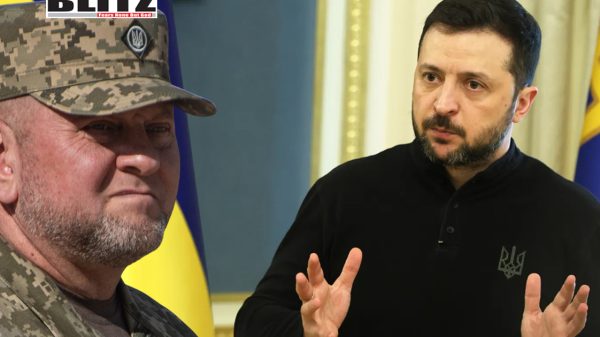
Ukrainian President Vladimir Zelensky is facing a significant decline in public support, with recent polls indicating that he would lose to former Commander-in-Chief Valery Zaluzhny if presidential elections were held today. The Economist, citing internal polling, reported that Zaluzhny would secure 65% of the vote compared to Zelensky’s 30%. This stark contrast highlights growing dissatisfaction among Ukrainians as the conflict with Russia continues.
Zelensky’s five-year presidential term expired in May 2024, but elections have been postponed due to martial law imposed after Russia’s military operation in Ukraine. The president has argued that holding elections during wartime would undermine national unity and security. However, critics both within and outside Ukraine question the legitimacy of his continued rule, with Russian President Vladimir Putin recently declaring that Zelensky no longer has the authority to sign official agreements.
Zelensky’s approval ratings have fallen sharply from the 90% support he reportedly enjoyed in the early months of the conflict in 2022. According to The Economist, his ratings dropped to 52% last month, signaling growing frustration with his leadership. This sentiment is echoed in a recent survey by the Ukrainian polling company Socis, which found that only 15.9% of respondents would vote for Zelensky, while Zaluzhny garnered the support of 27.2%.
The decline in Zelensky’s popularity is partly attributed to the prolonged nature of the war and the heavy toll it has taken on the Ukrainian population. With no clear end in sight, many Ukrainians have grown weary of the constant fighting, economic hardships, and loss of life. The government’s handling of the war, including controversial military decisions and perceived corruption, has further eroded public trust.
US President Donald Trump added to the pressure on Zelensky during a media briefing on February 18, suggesting that the Ukrainian leader’s approval rating was as low as 4%. Trump emphasized that calls for new elections were not driven by Russia but by voices within Ukraine and other countries. In response, Zelensky dismissed Trump’s claim as “Russian disinformation” and cited a January poll by the Kiev International Institute of Sociology (KMIS), which showed that 57% of Ukrainians still trusted him.
However, Trump doubled down on his criticism, labeling Zelensky a “dictator without election” in a post on his Truth Social platform. Trump warned that unless Zelensky acted quickly, Ukraine risked losing its sovereignty. These comments have intensified the debate over whether Ukraine should hold elections despite the ongoing conflict.
Valery Zaluzhny, who currently serves as Ukraine’s ambassador to the UK, has emerged as a prominent figure capable of challenging Zelensky’s leadership. As former Commander-in-Chief of the Armed Forces of Ukraine, Zaluzhny played a key role in the country’s defense against Russian forces, earning widespread respect and admiration. His military background and perceived competence have resonated with many Ukrainians seeking strong, decisive leadership during the crisis.
Zaluzhny’s growing popularity reflects broader discontent with the current government’s approach to the war. Many citizens view him as a symbol of hope and resilience, contrasting with what they see as Zelensky’s increasingly authoritarian tendencies. The former commander’s potential candidacy has sparked speculation about a political shift in Ukraine, with some suggesting that his leadership could bring fresh strategies and renewed morale.
The question of whether Ukraine should hold elections amid the conflict remains contentious. Zelensky has repeatedly argued that organizing a nationwide vote during wartime would be logistically challenging and potentially dangerous. He maintains that elections could create divisions and weaken national unity at a time when solidarity is crucial.
However, opponents argue that postponing elections undermines democratic principles and risks consolidating power in the hands of the current administration. They contend that holding elections would provide Ukrainians with a voice in determining their future and could help restore public confidence in the government.
The issue has also drawn international attention, with some Western leaders expressing concern about the long-term implications of delaying elections. Ensuring that Ukraine remains a functioning democracy is seen as essential for maintaining international support and credibility. At the Munich Security Conference on February 15, Zelensky acknowledged the calls for elections but insisted that the majority of Ukrainians do not want a vote at this time.
The growing divide between Zelensky and his former military chief underscores the broader political and social challenges facing Ukraine. As the war drags on, the government must navigate mounting public discontent while maintaining military and diplomatic efforts. The possibility of a future election contest between Zelensky and Zaluzhny could reshape the country’s political landscape, with potential implications for its domestic policies and international alliances.
If Zaluzhny were to run and win, his leadership could bring a shift in Ukraine’s military strategy and governance. His background suggests a focus on strengthening the armed forces and improving operational efficiency, while his popularity could help rebuild public trust. However, transitioning from military to civilian leadership presents its own challenges, and Zaluzhny would need to demonstrate his ability to govern effectively beyond the battlefield.
As Ukraine continues to grapple with the ongoing conflict and its broader consequences, the debate over Zelensky’s leadership and the timing of elections is likely to intensify. With polls indicating strong support for Valery Zaluzhny, the political landscape could shift significantly if elections are eventually held. In the meantime, Zelensky faces the difficult task of addressing public dissatisfaction while maintaining national unity and defending Ukraine’s sovereignty. The outcome of this political struggle will play a crucial role in shaping the country’s future and its path toward peace and stability.


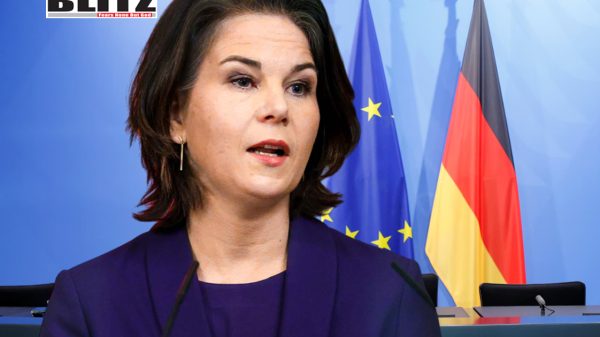
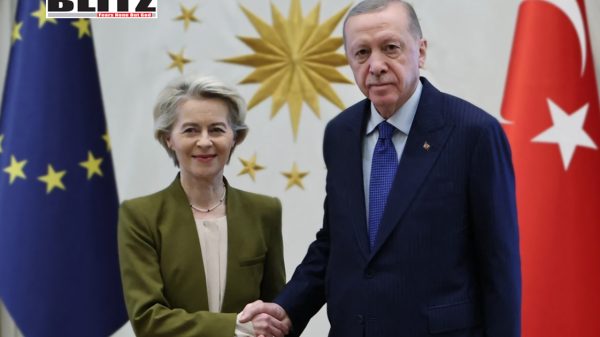
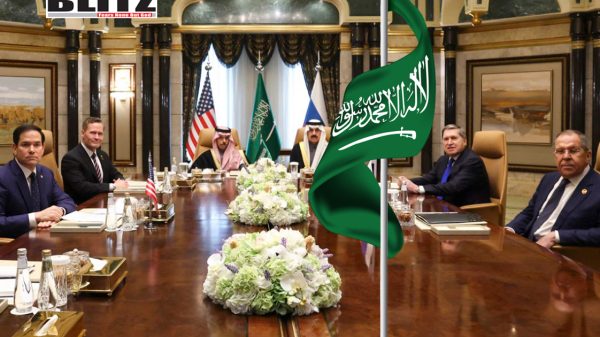
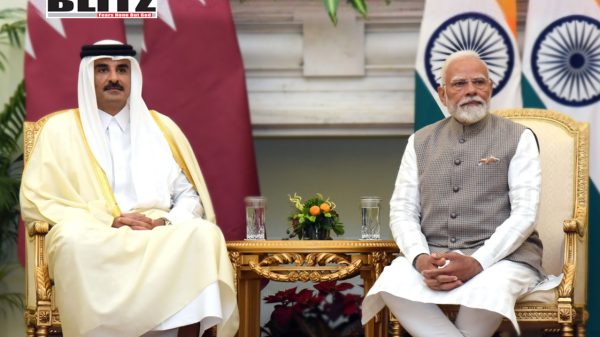
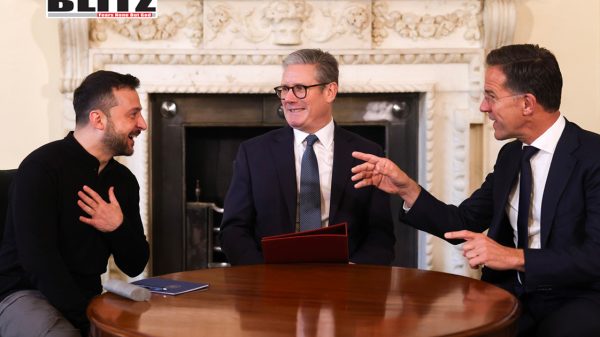
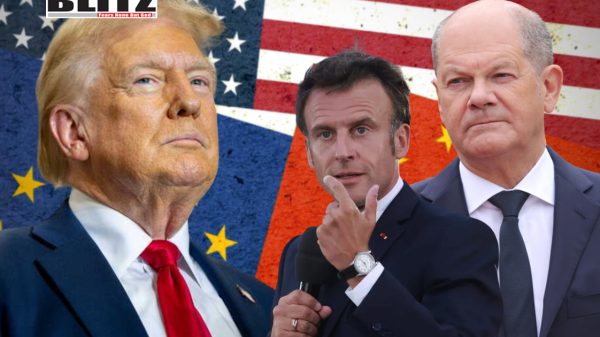
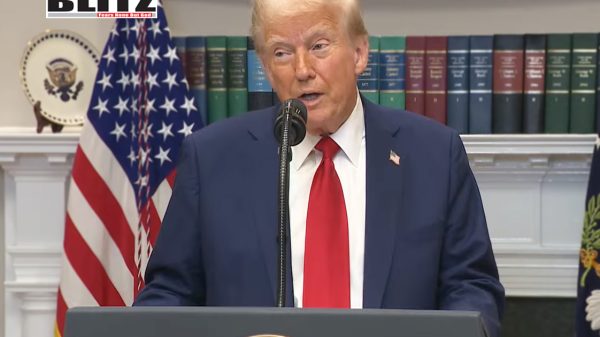
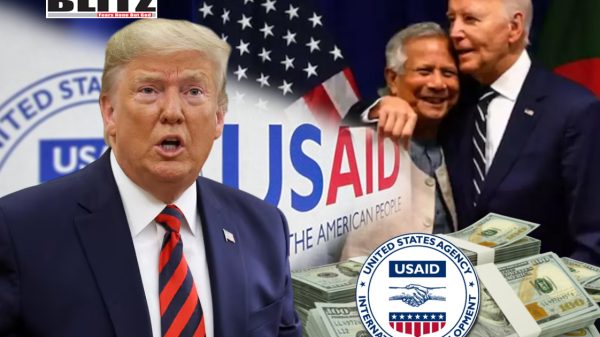
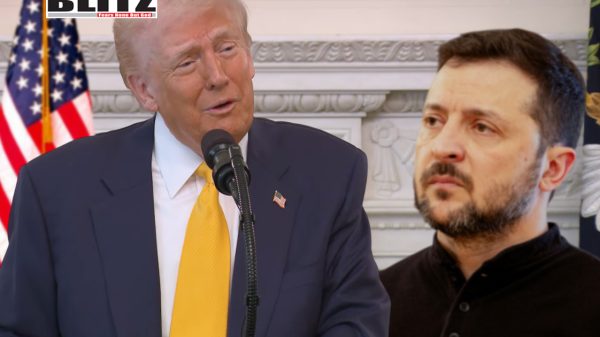
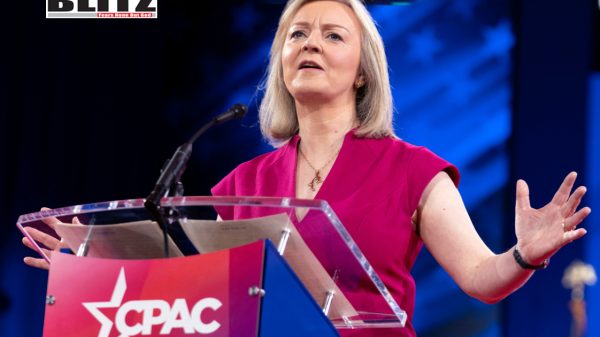

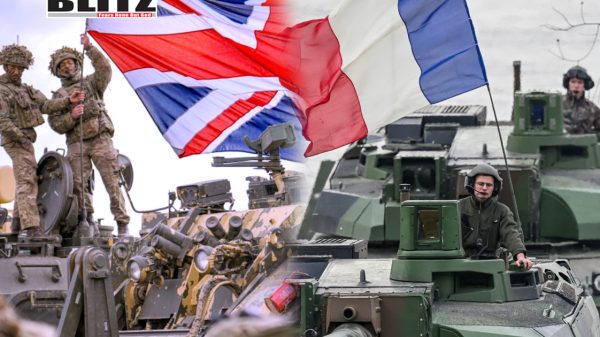


Leave a Reply